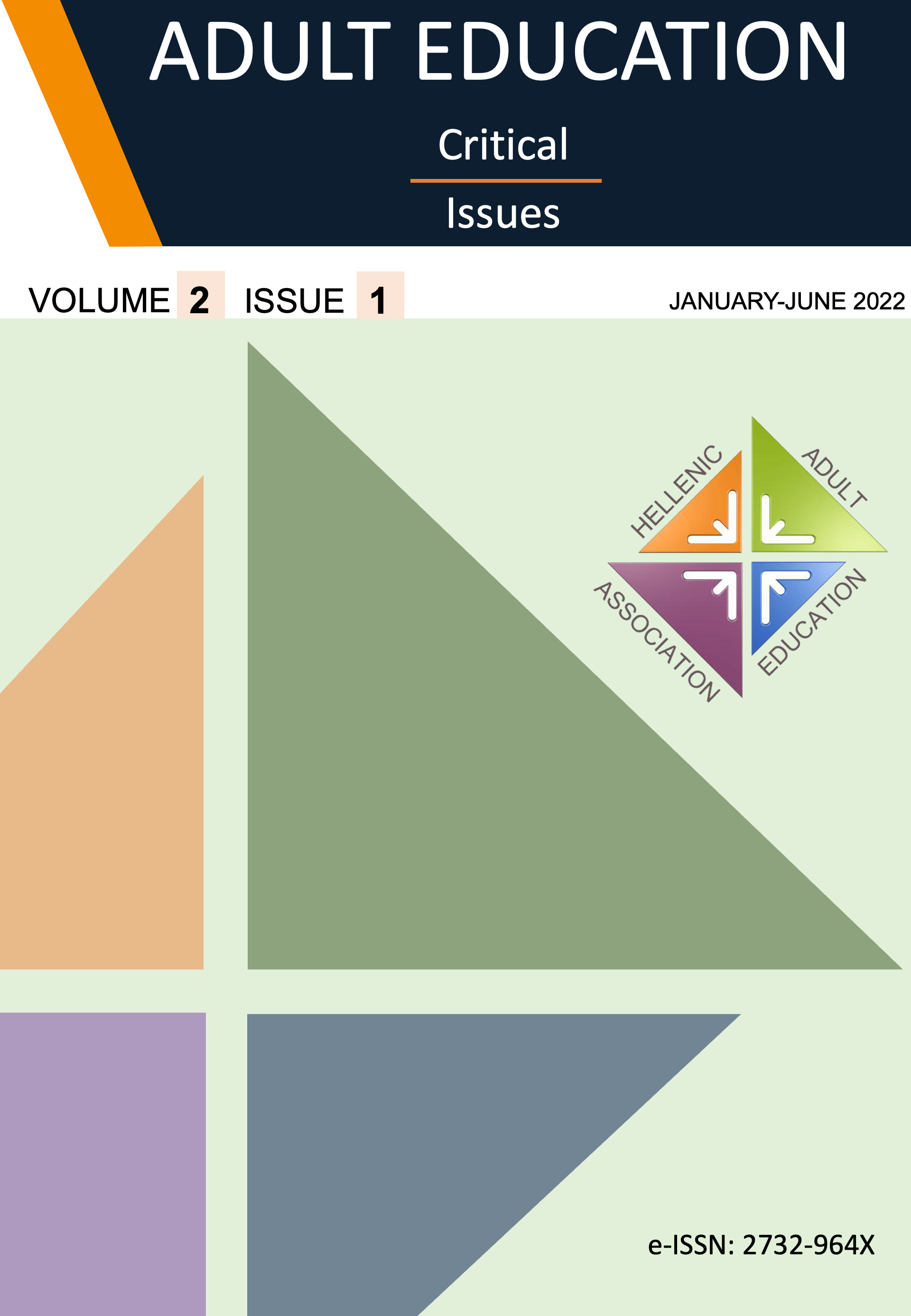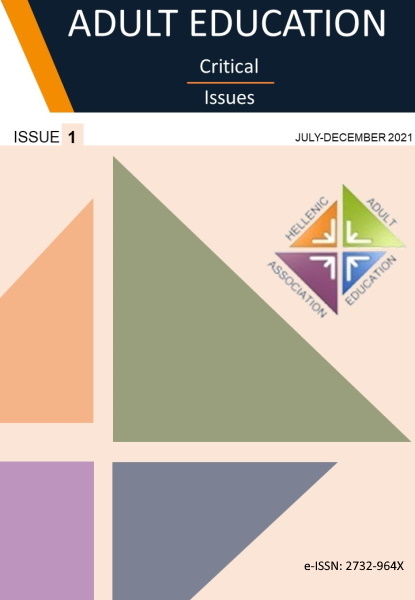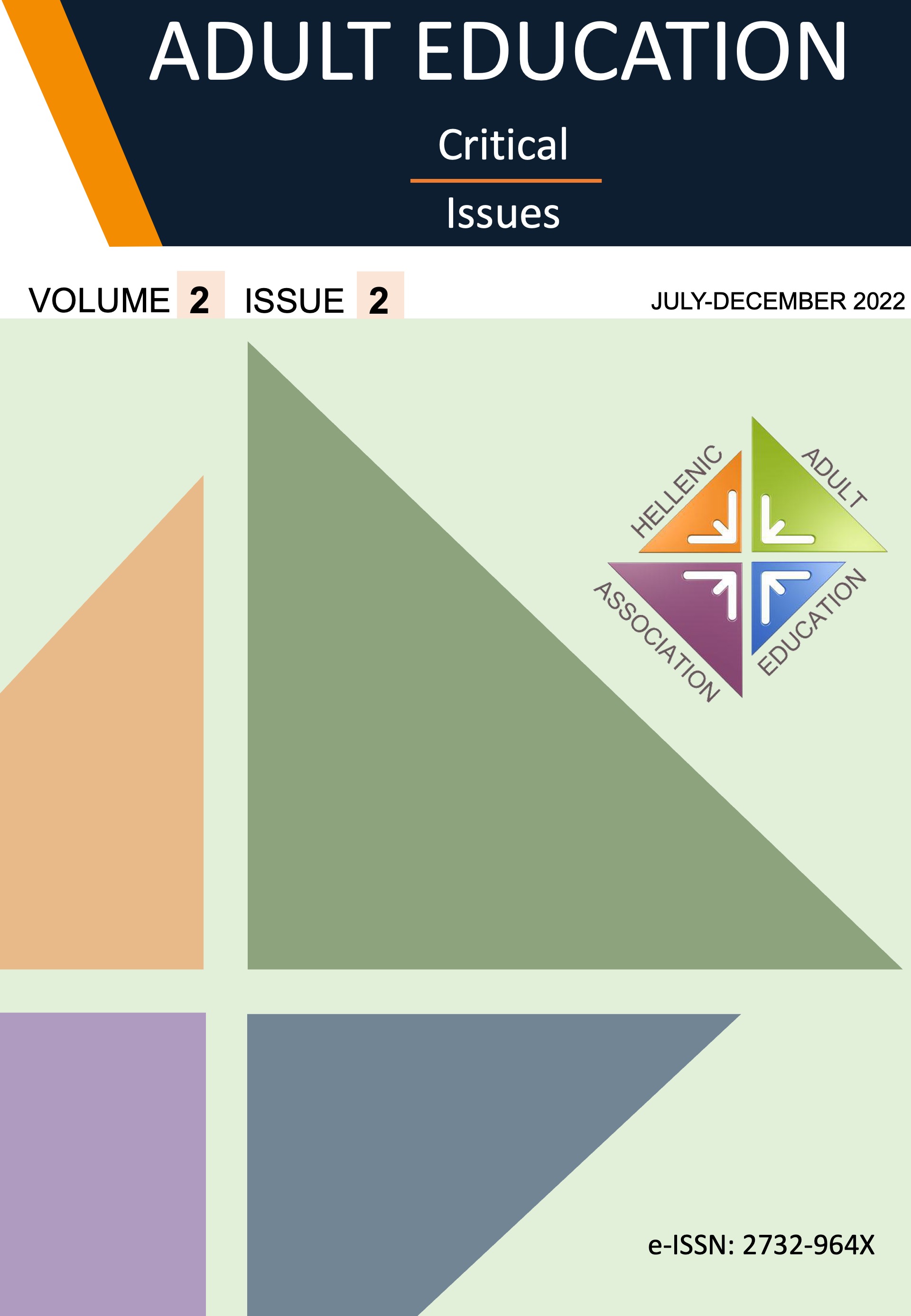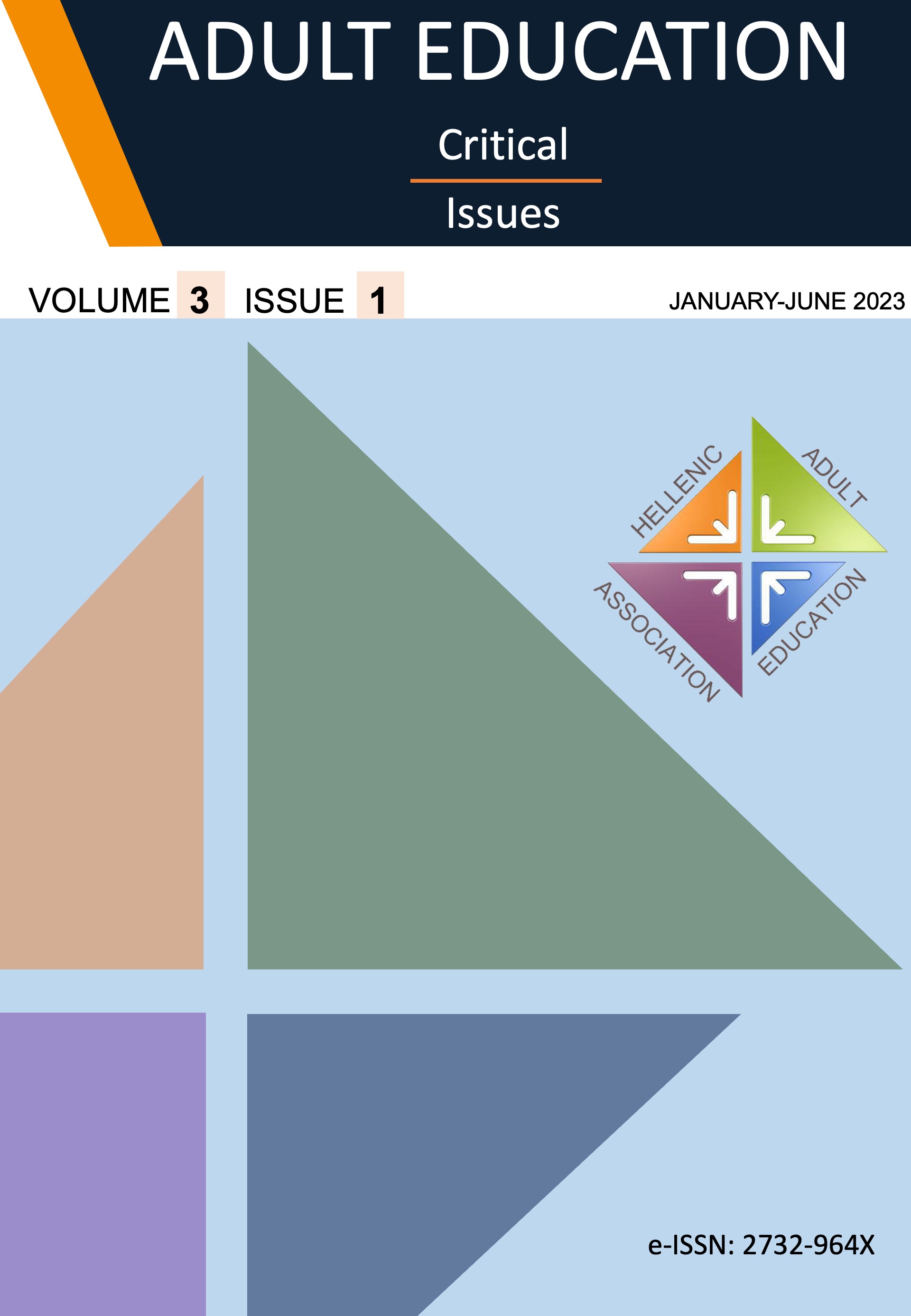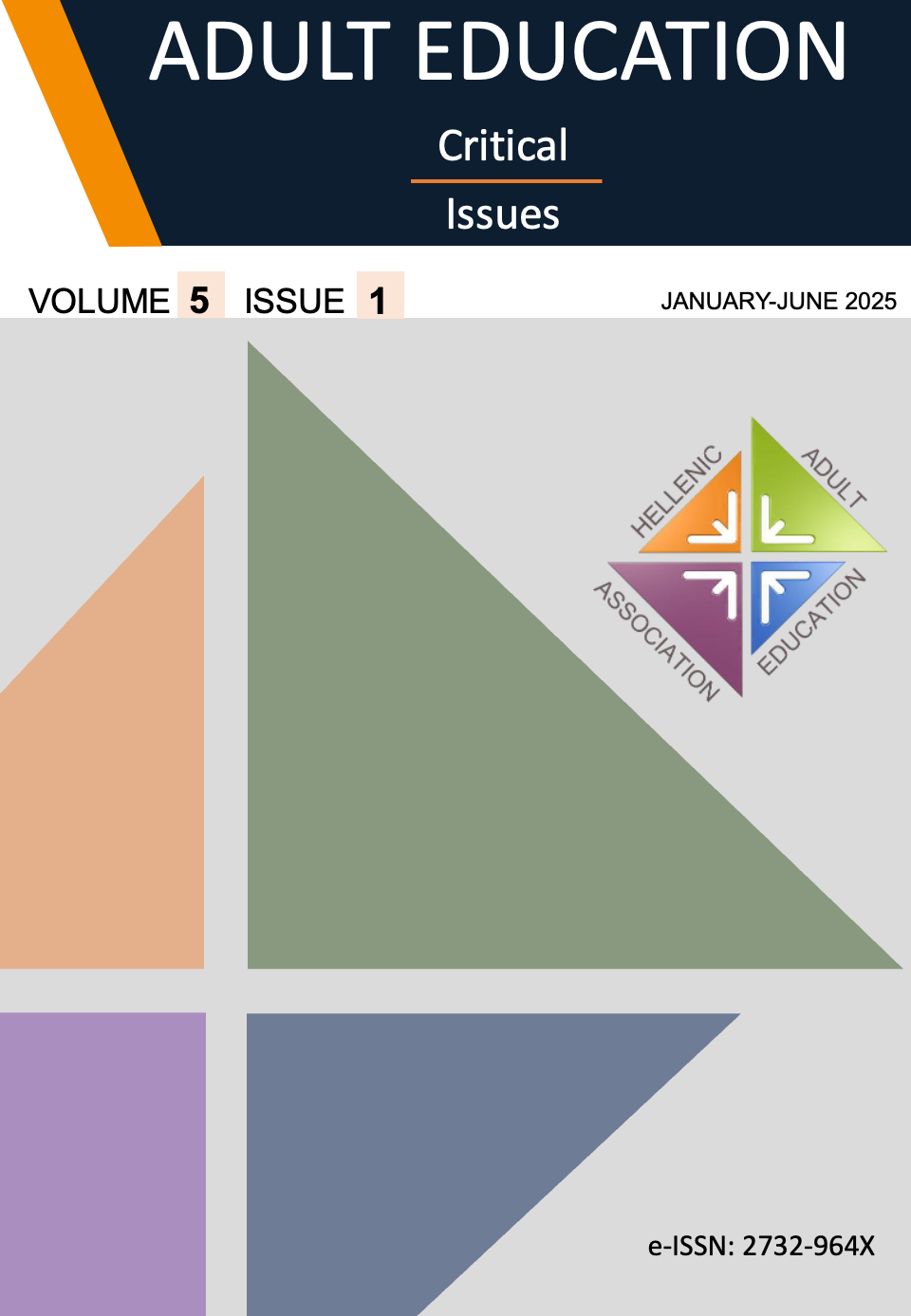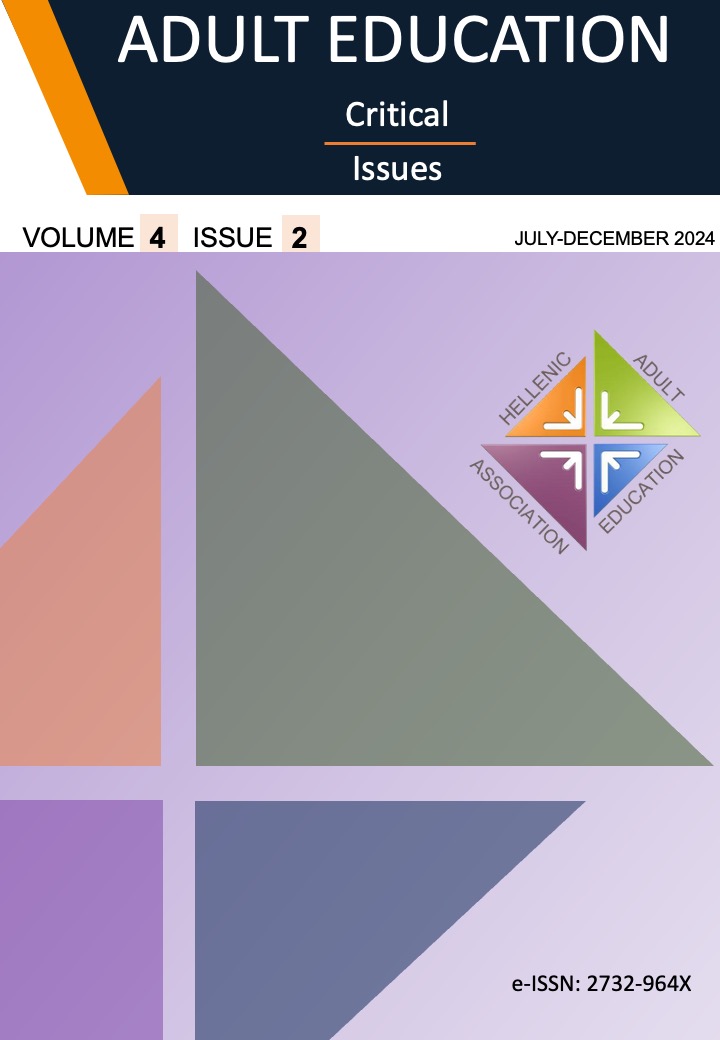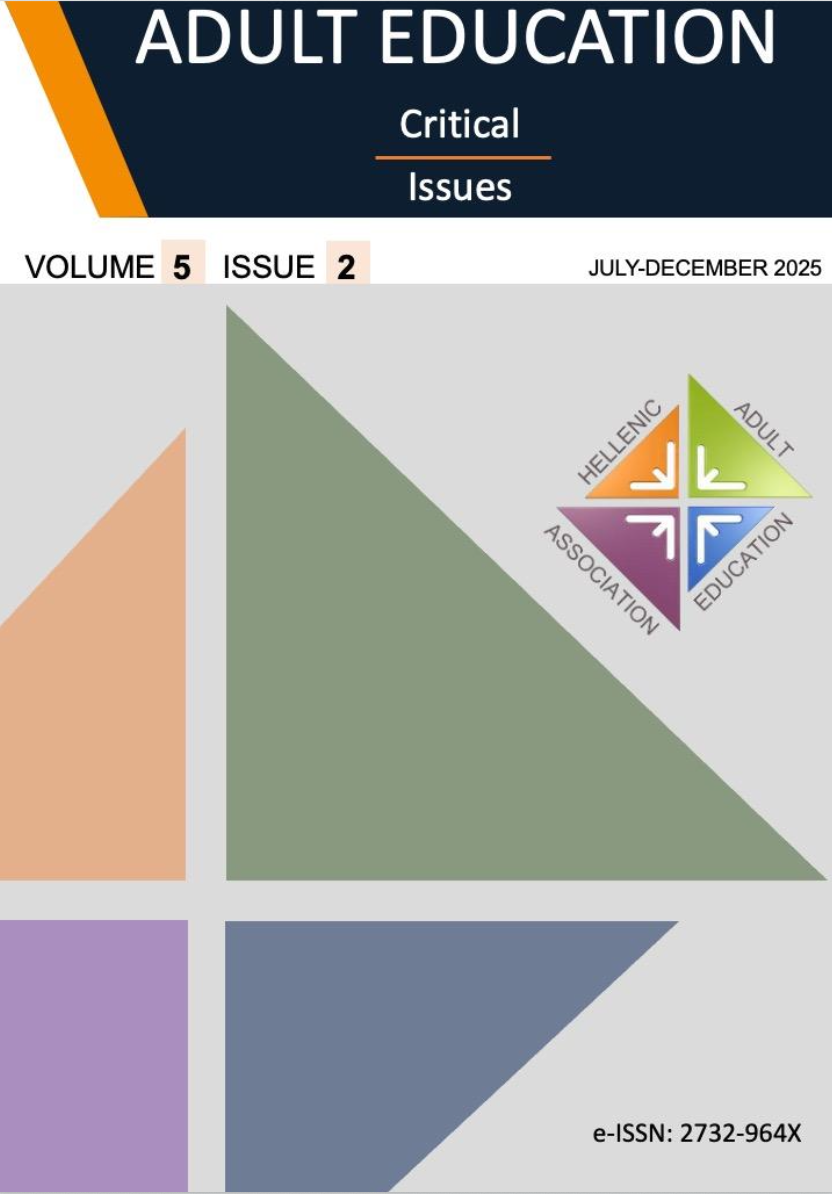Ποια ήταν εν τέλει η αντίληψη του J. Mezirow για το ρόλο των συναισθημάτων στη Θεωρία Μετασχηματισμού;
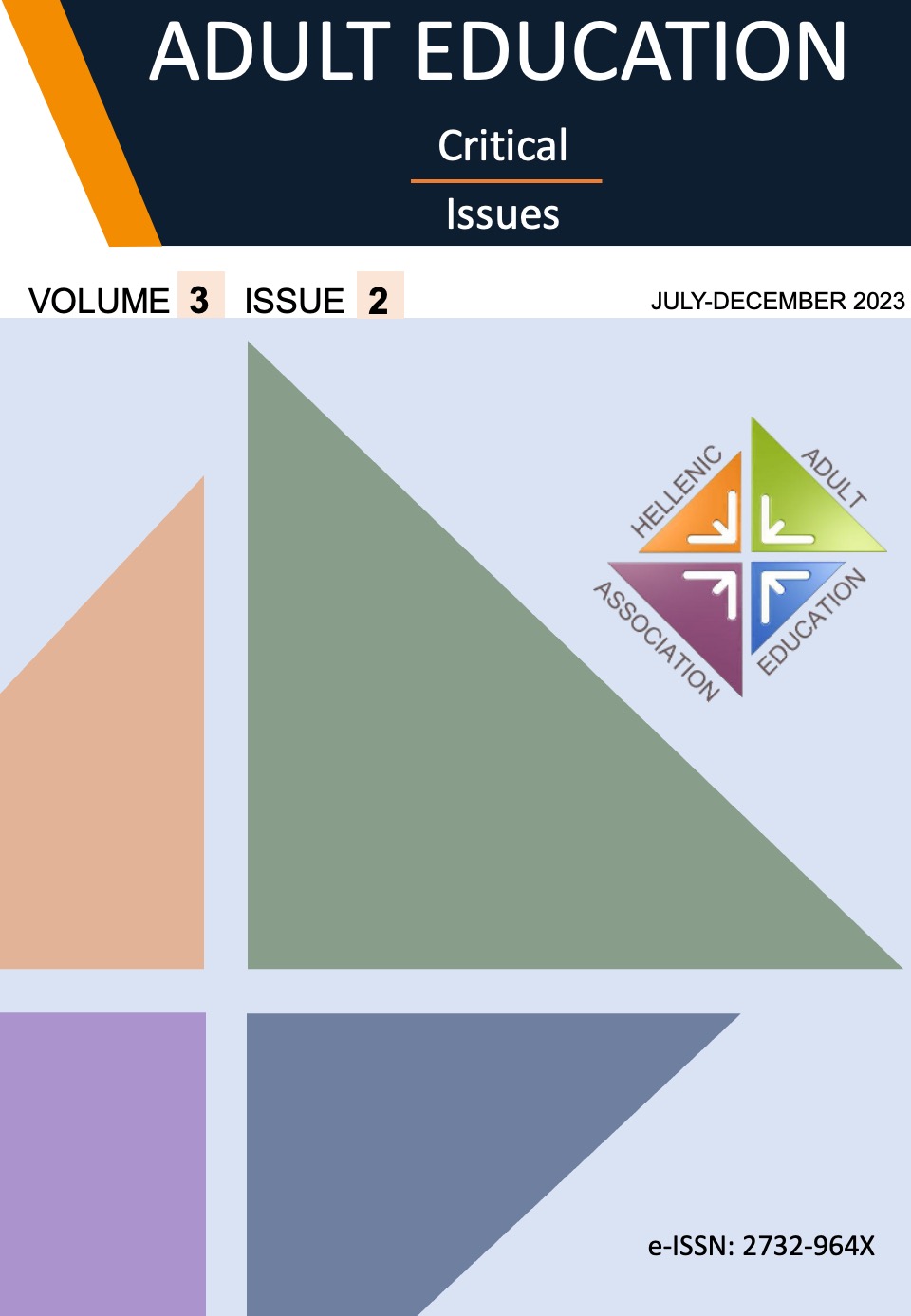
Περίληψη
Το παρόν άρθρο, επιχειρεί να συμβάλλει με βιβλιογραφικά δεδομένα στον εποικοδομητικό διάλογο που εξακολουθεί να αναπτύσσεται γύρω από τη συναισθηματική διάσταση της μάθησης, στο πλαίσιο της ΘΜ. Παρουσιάζει τα ευρήματα βιβλιογραφικής έρευνας σχετικά με τη διερεύνηση της οπτικής του ίδιου του Mezirow, αναφορικά με τη σημασία που αποδίδει στο ρόλο του συναισθήματος σε μια μετασχηματιστική διεργασία. Η έρευνα διεξήχθη με την τεχνική της ανάλυσης περιεχομένου πρωτογενών πηγών, δηλαδή των κειμένων του Jack Mezirow.
Τα ευρήματα της έρευνας κατέδειξαν ότι ο Mezirow συνέδεσε το συναίσθημα με τα βασικά στοιχεία του οικοδομήματός του: το αντικείμενο του μετασχηματισμού, τα μέσα, τις φάσεις της διεργασίας, την ανάληψη δράσης και το ρόλο του εκπαιδευτή ενηλίκων. Αυτά αποτελούν τα ¨δυνατά¨ σημεία της συναισθηματικής διάστασης της θεωρίας του. Στον αντίποδα, εντοπίστηκαν σημεία που ο στοχαστής επέλεξε να ακουμπήσει ακροθιγώς ή μην αναλύσει περεταίρω, όπως για παράδειγμα μια πιο λεπτοφυής ανάλυση της σχέσης συναισθήματος κριτικού στοχασμού σε κάθε φάση της διεργασίας, η αναγνώριση και η αξιοποίηση των θετικών συναισθημάτων και προτάσεις για συγκεκριμένες τεχνικές ανάδειξης και διαχείρισης του συναισθήματος στην πράξη.
Εν τέλει, η έρευνα ανέδειξε ότι ο Mezirow -παρά τις όποιες παραλήψεις- κατάφερε να συνθέσει μια ολοκληρωμένη θεωρία, με μια σχετική ισορροπία ορθολογικών - συναισθηματικών στοιχείων. Ο ίδιος, στην προσπάθειά του να διατηρήσει διακριτά τα όρια της εκπαίδευσης ενηλίκων από την ψυχοθεραπεία, δεν ανέλυσε ζητήματα στα οποία δεν είχε εντρυφήσει, τα οποία άφησε ανοικτά σε πιο ειδικούς θεωρητικούς του πεδίου.
Λεπτομέρειες άρθρου
- Πώς να δημιουργήσετε Αναφορές
-
Karakou, M., & Karalis, T. (2024). Ποια ήταν εν τέλει η αντίληψη του J. Mezirow για το ρόλο των συναισθημάτων στη Θεωρία Μετασχηματισμού;. ADULT EDUCATION Critical Issues, 3(2), 38–47. https://doi.org/10.12681/haea.35880
- Ενότητα
- Άρθρα

Αυτή η εργασία είναι αδειοδοτημένη υπό το CC Αναφορά Δημιουργού 4.0.
Οι Συγγραφείς που δημοσιεύουν εργασίες τους σε αυτό το περιοδικό συμφωνούν στους παρακάτω όρους:
- Οι Συγγραφείς διατηρούν τα Πνευματικά Δικαιώματα και χορηγούν στο περιοδικό το δικαίωμα της πρώτης δημοσίευσης ενώ ταυτόχρονα τα πνευματικά δικαιώματα της εργασίας προστατεύονται σύμφωνα με την Creative Commons Attribution License που επιτρέπει σε τρίτους - αποδέκτες της άδειας να χρησιμοποιούν την εργασία όπως θέλουν με την προϋπόθεση της διατήρησης των διατυπώσεων που προβλέπονται στην άδεια σχετικά με την αναφορά στον αρχικό δημιουργό και την αρχική δημοσίευση σε αυτό το περιοδικό.
- Οι Συγγραφείς μπορούν να συνάπτουν ξεχωριστές, και πρόσθετες συμβάσεις και συμφωνίες για τη μη αποκλειστική διανομή της εργασίας όπως δημοσιεύτηκε στο περιοδικό αυτό (π.χ. κατάθεση σε ένα ακαδημαϊκό καταθετήριο ή δημοσίευση σε ένα βιβλίο), με την προϋπόθεση της αναγνώρισης και την αναφοράς της πρώτης δημοσίευσης σε αυτό το περιοδικό.
- Το περιοδικό επιτρέπει και ενθαρρύνει τους Συγγραφείς να καταθέτουν τις εργασίες τους μέσω διαδικτύου (π.χ. σε ένα ακαδημαϊκό καταθετήριο ή στις προσωπικές τους ιστοσελίδες) πριν και μετά από τις διαδικασίες της δημοσίευσης, καθώς αυτό μπορεί να οδηγήσει σε παραγωγική ανταλλαγή ιδεών και σκέψεων καθώς επίσης και σε γρηγορότερη και μεγαλύτερη χρήση και ευρετηρίαση της δημοσιευμένης εργασίας (See The Effect of Open Access).



